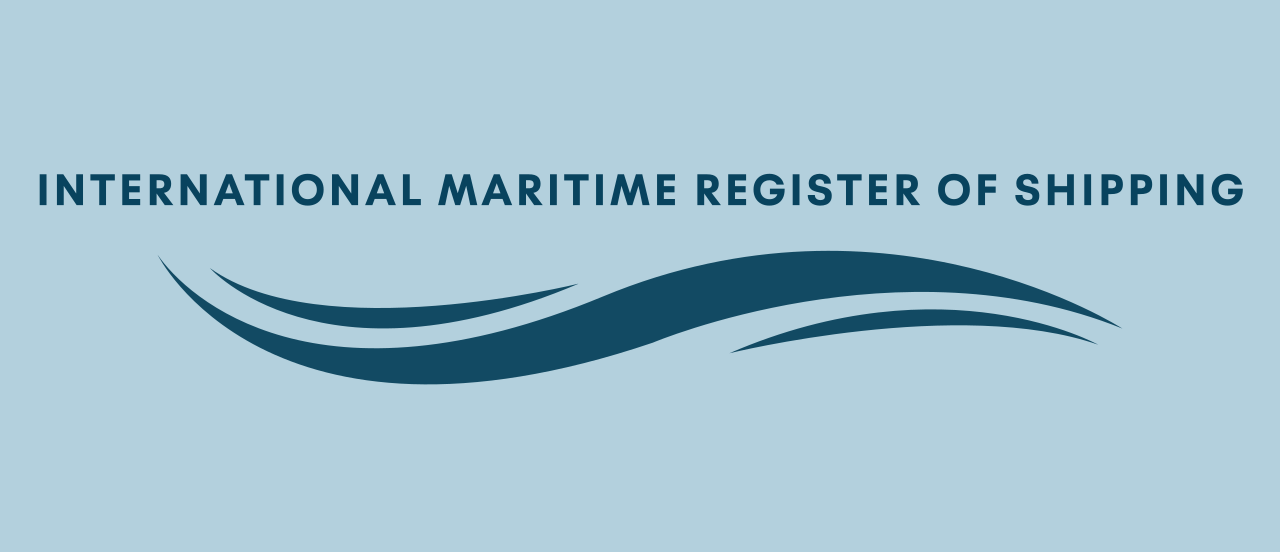Special survey
A Special Survey is a comprehensive inspection conducted on ships by classification societies to assess their structural integrity, machinery performance, and overall condition. Unlike routine surveys like annual or intermediate surveys, special surveys are more extensive and typically occur at specific intervals or milestones in the ship’s operational life. Here’s a detailed look at the Special Survey:
Purpose: The primary purpose of the Special Survey is to conduct a thorough examination of the ship’s hull, machinery, and equipment to ensure compliance with classification rules and regulations. Special surveys are typically more detailed and extensive than routine surveys and often involve more in-depth inspections, testing, and assessments.
Timing: Special surveys are scheduled at 5 years intervals . The timing of a special survey is determined by factors such as the vessel’s trading pattern, operational profile, and maintenance history.
Scope: The scope of a Special Survey is comprehensive and includes a detailed examination of various aspects of the ship, including but not limited to:
- Hull Structure: Inspection of the hull for corrosion, cracking, deformation, and other signs of structural deterioration.
- Machinery and Equipment: Assessment of main propulsion systems, auxiliary machinery, electrical systems, and safety equipment for proper functioning and condition.
- Safety Systems: Verification of compliance with regulatory requirements for fire safety, life-saving appliances, navigation equipment, and pollution prevention measures.
- Documentation: Review of ship’s certificates, records, and maintenance documentation to ensure accuracy and completeness.
Outcomes: Based on the findings of the survey, the classification society may issue various outcomes:
- Certificate Renewal: If the vessel meets all requirements, the class certificate may be renewed for another 5 years period, subject to any conditions or recommendations identified during the survey.
- Recommendations: Any deficiencies or areas of non-compliance identified during the survey are documented as recommendations for corrective action.
- Conditions: In some cases, the class certificate may be subject to conditions or limitations until specific issues are addressed.
- Exemptions: The classification society may grant exemptions or waivers for certain requirements based on risk assessment and engineering analysis.
Follow-up Actions: Shipowners are responsible for addressing any deficiencies or recommendations identified during the Special Survey. Corrective actions may range from minor repairs or adjustments to more extensive modifications or upgrades. The classification society may conduct follow-up inspections to verify that corrective actions have been implemented satisfactorily.
Benefits: Special Surveys provide several benefits to shipowners, operators, insurers, and regulatory authorities, including:
- Assurance of continued compliance with international standards and regulations.
- Early detection and resolution of emerging issues, reducing the risk of costly repairs or unplanned downtime.
- Enhanced safety and reliability of the vessel, minimizing the risk of accidents and incidents.
- Maintenance of the vessel’s market value, reputation, and insurability.
In summary, Special Surveys play a critical role in ensuring the ongoing safety, seaworthiness, and compliance of ships with classification standards. By conducting thorough inspections and assessments at regular intervals, classification societies help maintain the integrity and reliability of the global fleet, contributing to the safety and sustainability of maritime transportation.

